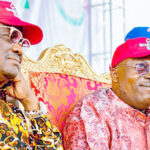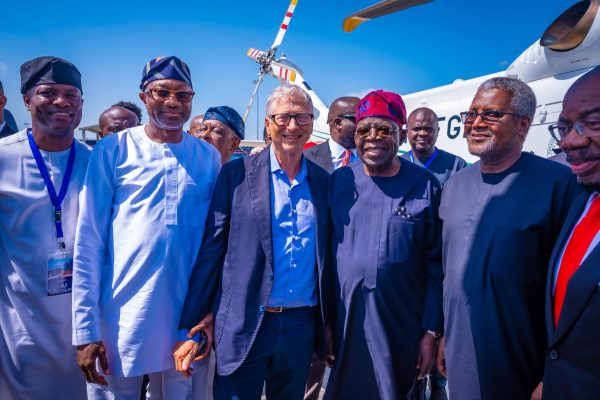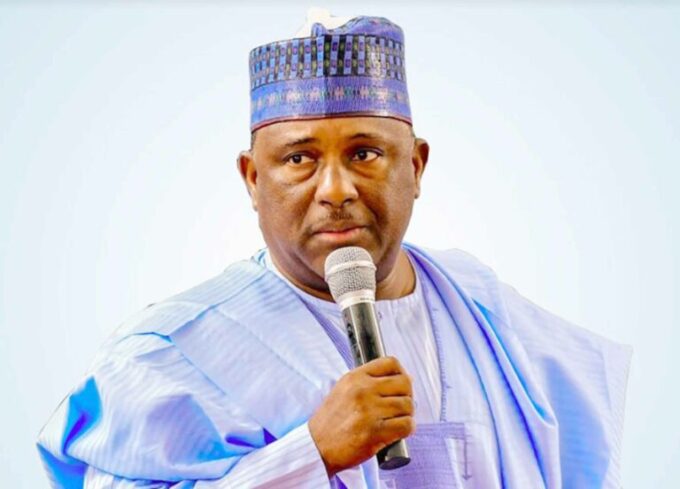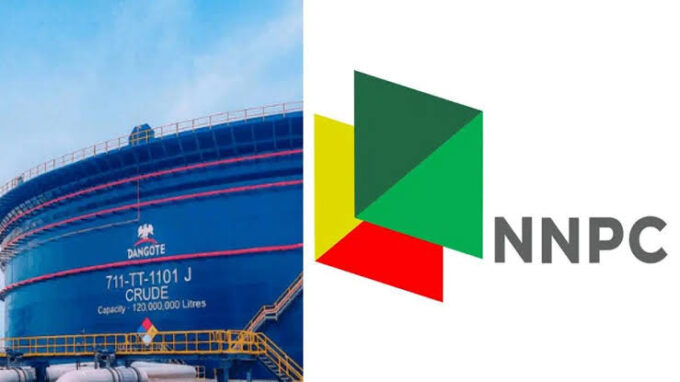Nigeria’s power sector is teetering on the edge as the Federal Government scrambles to address a staggering N4 trillion debt owed to electricity generation companies (GenCos).
President Bola Tinubu is set to meet with industry leaders in a bid to avert a total breakdown of the national grid, even as the number of premium Band A customers has skyrocketed by 162% in just one year.
Despite persistent grid instability, Band A feeders have surged from 481 to 1,261 since last April, following a recent meeting between Power Minister Adebayo Adelabu and GenCos chairmen. The gathering, however, failed to resolve the liquidity crisis crippling the sector.
“There is a need to pay a substantial amount of the debt in cash. At the minimum, let us pay a substantial amount, then ask for debt instruments in promissory notes to pay the rest,” Adelabu stated.
“We recognize the urgency of this matter. The government is committed to resolving this debt to stabilize the sector and prevent further crisis.”
Col. Sani Bello (rtd), Chairman of Mainstream Energy Solutions and head of the Association of Power Generating Companies (APGC), warned that the debt threatens Nigeria’s entire energy framework. “Without urgent intervention, the entire power ecosystem could collapse,” he said.
Kola Adesina, Chairman of Egbin Power, echoed the alarm, calling the situation a “national emergency.” “Everything hinges on power—industries, homes, hospitals. We cannot afford to let the sector fail,” he stressed.
Behind the scenes, tensions flared as GenCos rejected ministerial assurances, demanding direct talks with Tinubu. In a strongly worded April 29 letter, industry titans—including Tony Elumelu (Transcorp Power), Femi Otedola (Geregu Power), and Adesina—warned of “possible national security challenges” if the debt remains unresolved.
Dr. Joy Ogaji of APGC Power highlighted additional pressures: erratic gas supply, currency depreciation (from N157/$1 in 2013 to over N1,600/$1 today), and delayed payments.
Meanwhile, NERC sources revealed the government’s failure to meet subsidy pledges, despite securing a $500 million World Bank loan for metering and injecting N700 billion into the Presidential Metering Initiative.
Adelabu pledged reforms, including market liberalization and cost-reflective tariffs, but maintained subsidies for low-income households. “Nigerians must begin to pay appropriate rates for electricity consumed,” he asserted.
Yet, with GenCos questioning the fairness of proposed debt settlements and the government’s budgetary allocations falling short, the sector’s future hangs in the balance.















Leave a comment